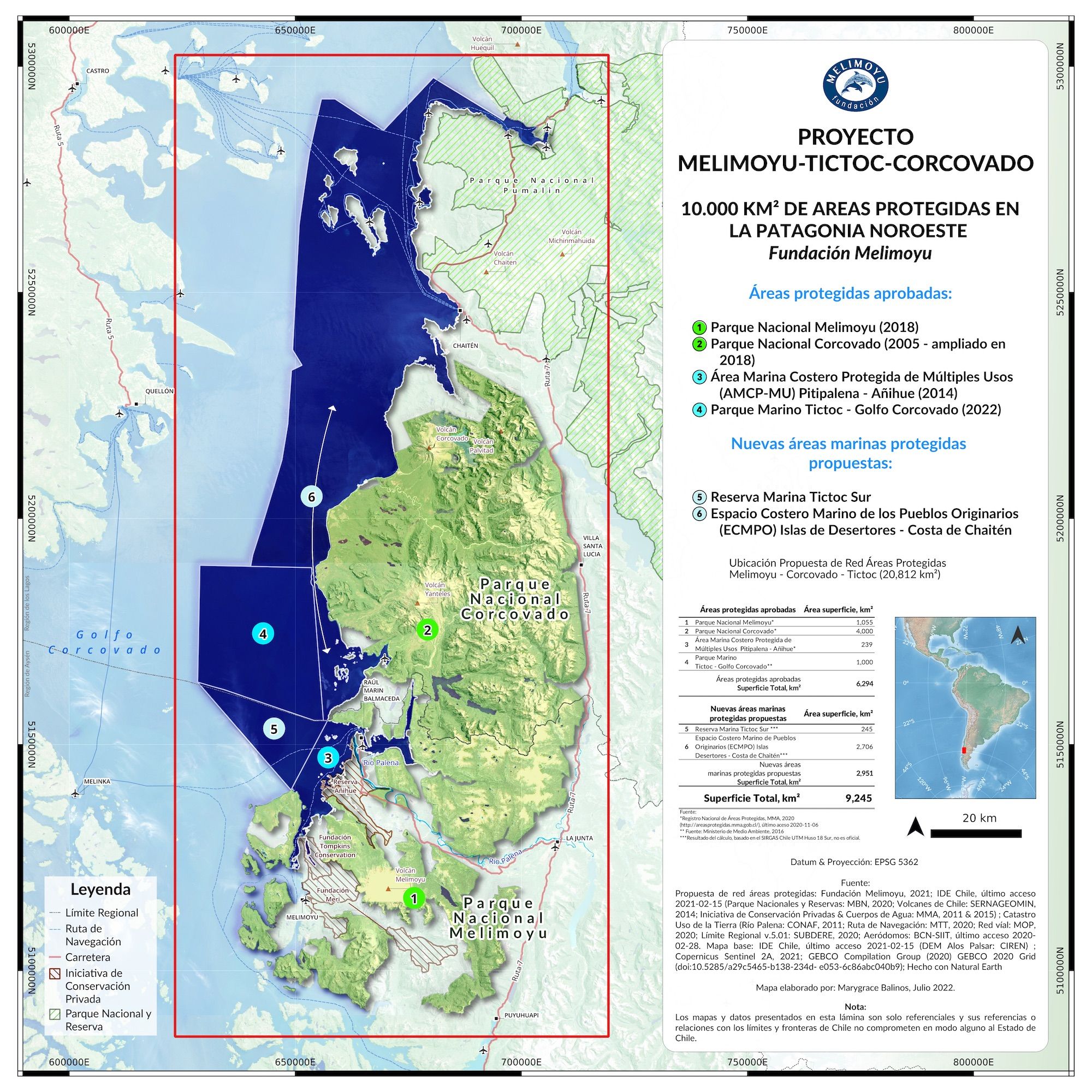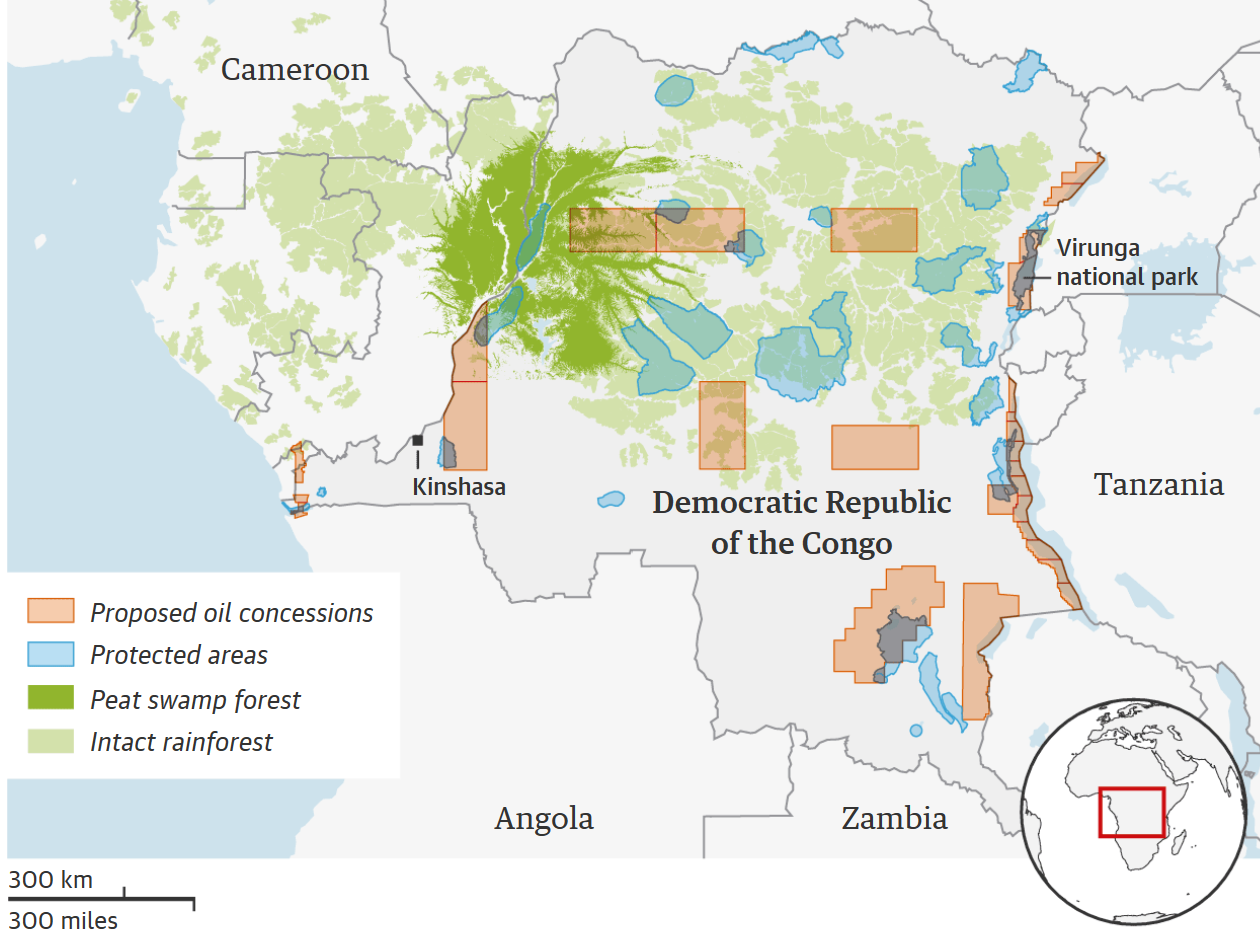Good news you probably didn't hear about
Heart disease is responsible for one in every five deaths in the United States. However, at a conference hosted last month by the American College of Cardiology, researchers revealed that between 1999 and 2020, the rate of deaths from heart attacks fell from 87 per 100,000 people to 38 per 100,000 people, and racial disparities narrowed by nearly half. This is astonishing news. Despite setbacks caused by the pandemic, the risk of death from America's biggest killer of people has more than halved since the beginning of the 21st century.
Bhutan has become an Open Defecation Free country, and the WHO just certified Azerbaijan and Tajikistan as malaria-free, following a sustained, century-long effort to stamp out the disease by the two countries. Seems like an appropriate moment to share this (best 90 seconds you'll spend this week):
Scotland’s pioneering policy of putting a minimum price on alcohol has been linked to a 13% drop in the number of deaths from alcohol consumption and hundreds of fewer hospitalisations every year. “Minimum unit pricing was introduced to save lives, and this latest report shows it is doing just that." Guardian
Malawi and Kenya are making significant progress on family planning. Around 60% of women in both countries are now using contraceptives, up from 15% in the 1990s for Kenya and just 7% in Malawi. Contraceptives, including implants and intrauterine devices, are now widely available, including for the majority of populations living in rural areas. Exemplars
Teenage pregnancy among girls aged 15 to 19 in the Philippines has fallen from 8.6% in 2017 to 5.4% in 2022. This is good news for a country with one of the highest rates of teen pregnancy in the world, and comes off the back of last year's landmark ban on child marriage. The Star
Earlier this week, after a year of intense debate, Malaysia's parliament voted to remove the mandatory use of the death penalty, abolish natural-life prison sentences, and cut down on the number of crimes eligible for capital punishment. Human rights groups have hailed it as a major step forward. BBC
Slip, slop, slap. A new study shows there's been a significant reduction in skin cancer in people below the age of 39 in Victoria, Queensland and South Australia. "It's a really exciting thing to see the statistics coming in to show that all the hard work that schools, communities have been putting in, has actually paid off." ABC

Some more good news from the United States. Voters in Wisconsin have won a major victory for reproductive rights, New Hampshire has stopped further restrictions on abortion access and instead passed legislation to protect it, Missouri is making period products free in schools, Maryland has strengthened transgender rights, Minnesota is making itself a safe refuge for transgender people, Kentucky just legalized cannabis, and the first over-the-counter opioid-overdose treatment is now available across the nation.
The strongest democracy in the Americas isn’t the United States or Canada, but a small nation of three million people. Free and universal education, public health care, strong unions, and a solid social security system reflects its ethos of nadie es más que nadie—nobody is worth more than anybody else. It now has the largest middle class in the Americas, making up more than 60% of the population.
Brazil's Ministry of Indigenous Affairs is restoring sovereignty and bringing justice to Indigenous communities. Following the removal of tens of thousands of illegal miners from the lands of the Yanomami, the federal government is deploying healthcare services, food and relief. 78% of children with severe malnutrition have already gained weight.
Women's share of board seats at Britain's 350 biggest listed companies reached 40% for the first time in 2022. Just over a decade ago, 152 of the country's biggest companies had no women on their boards at all. Today, they all do, and the vast majority have three or more. Still a long way to go, but it's progress. FTSE
And finally, Keynes would be so pleased.
Become a paid subscriber to Future Crunch
For $4.16 a month, you could get a better version of this newsletter. Think of it like the difference between smoked almonds and normal ones. They're both great - but one of them has that extra thing that makes all the difference. In this week's paid version we had some great content about the case for hugging pylons and not trees, why bees should be regarded as sentient, and one the best graphs we've ever seen on why clean energy is better for the planet than fossil fuels. We'd love you to subscribe.
The only home we've ever known
A new marine protected area in Patagonia will safeguard an important feeding and breeding area for endangered blue whales. Spanning 100,000 hectares along the Gulf of Corcovado, the protections are also good news for humpback and sei whales, South American sea lions and two species of threatened albatross that frequent the area. Mongabay

The newly designated Utco Private Conservation Area in Peru will protect 3,060 hectares of Amazonian dry forest. The region is an "epicentre of biodiversity" and home to 20 species of critically endangered flora and almost two dozen species that are found nowhere else in the world, including the yellow-faced parrotlet. Amazon Fund
Two big wins in Ecuador. A new conservation area in the El Oro province will protect water sources for over 85,000 people as well as the habitats of dozens of threatened species, and a court has stopped a copper mine in the Intag Valley, following a successful campaign by the community to invoke the "Rights of Nature" embedded in Ecuador's constitution in 2008.
The critically endangered West African lion is making a steady comeback in Senegal’s Niokolo Koba National Park. Since 2011, conservation measures have bolstered the population from 15 to over 40 lions and are raising hopes for a species that has a wild population of only a few hundred lions in total. Good News Network
The world’s first large-scale shark rewilding is underway in Indonesia’s Raja Ampat archipelago. ReShark is raising endangered zebra sharks from aquariums and aims to release 500 of them into Indonesian waters. Marine reintroductions are tricky business, but experts think the plan will work… which means zebra sharks may be just the beginning. Nat Geo
It’s such a milestone. This is such a hopeful, momentous moment.
Nesha Ichida, Indonesian Marine Scientist, ReShark

Wet wipes containing plastic will be banned in England as part of the country’s plan to improve its waterways. In 2021 around 90% of wipes contained plastics which don’t break down and are the biggest cause of blockages. Although the ban is scheduled to come into force next year, stores like Boots and Tesco have already stopped selling plastic-based wet wipes. BBC
Canada is making its largest investment ever in protection for its fresh water. The government just committed $650 million over ten years for the Fraser River, the Mackenzie River, Lake Winnipeg, the Lake of the Woods, Lake Simcoe, the St. Lawrence River and the Great Lakes. The funds will be used for monitoring, restoration, preventing harmful chemicals and reducing algae blooms. CBC
The US Department of the Interior has pledged to tap into Indigenous knowledge and restore large bison herds to Native American lands. $25 million has been allocated to transfer more bison from federal to tribal lands and forge management agreements with tribes. Previous conservation efforts helped bison bounce back from near-extinction in the late 1880s. PBS
When we think about Indigenous communities, we must acknowledge that they have spent generations over many centuries observing the seasons, tracking wildlife migration patterns and fully comprehending our role in the delicate balance of this earth.
Deb Haaland, Interior Secretary, United States
A New York investment firm has launched a $400-million bid for oil concessions in the Democratic Republic of the Congo, with plans to turn them into conservation projects. The concessions include areas of critically endangered gorilla habitat, tropical peatlands and swathes of the planet’s second-largest rainforest in the Congo basin. Guardian
Let us prove that we have an alternative to oil exploration and provide a way to centre the economy around nature conservation instead of destroying them for extractive industries.
Matthias Pitkowitz, EQX Biome CEO

After disappearing over a century ago, oysters are making a comeback along Brisbane’s coastline, with three million oysters thriving on baskets built by volunteers. 4,000 baskets were positioned across a 19-hectare site in five-metre-deep water. Within 12 months, sturdy clumps of oysters formed, attracting millions of other animals such as crabs. Phys.org
The UK beaver revolution continues. After a 400-year absence, an estimated population of 50 beavers has set up home on local riverbanks in Somerset and Wiltshire. It’s suspected the beavers may have escaped from licensed reintroduction sites, and their presence will support other wildlife and boost ecological restoration. NHM
India is celebrating its 50th Anniversary of Project Tiger. The project launched in 1973 with nine tiger reserves. Today, there are 53 reserves across 18 states, covering more than 75,000 km2, encompassing 2.4% of the country's land. “We have 1.4 billion people living here, and the human population has doubled since 1973. Given all this pressure, I would say this is a huge achievement,” CSM
That's all for this edition, we hope you enjoyed it.
Unfortunately we won't be able to put next week's edition together because Gus will be in Vancouver, and at the pointy end of rehearsing for TED. Our apologies in advance, we hope you understand.
With love,
FC HQ





